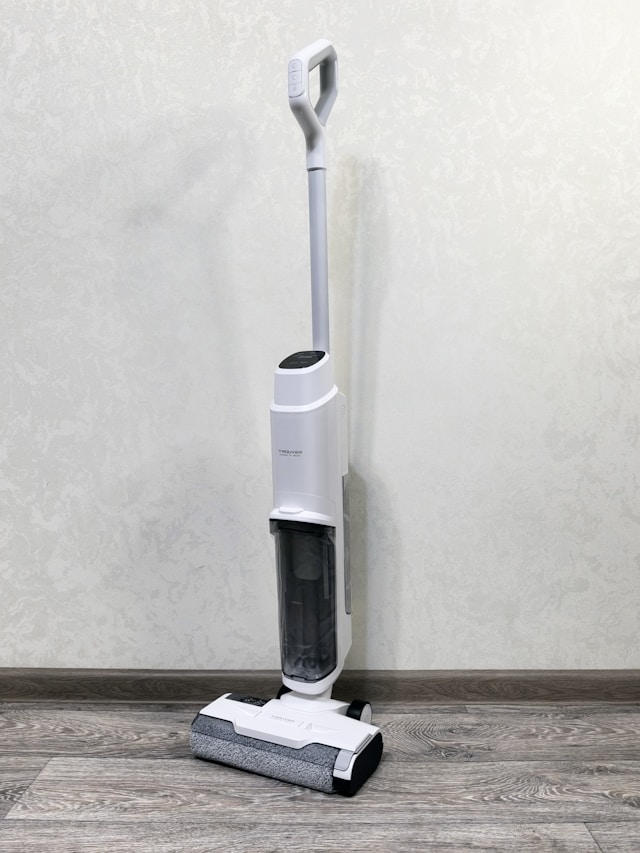Quenching Thirst: 5 Different Types of Drinking Water
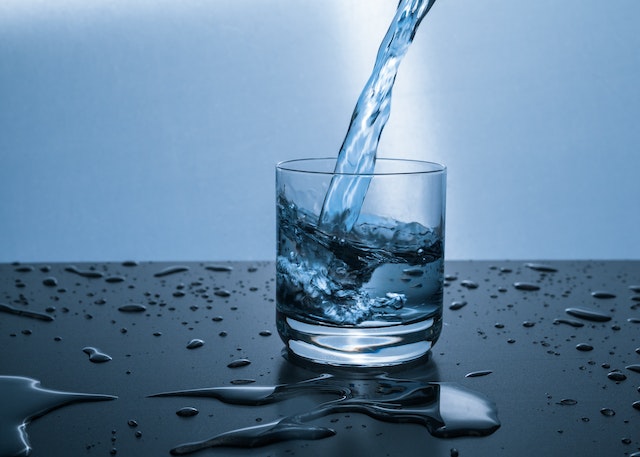
Water is the elixir of life, and access to clean drinking water is a fundamental human right. We encounter various types of drinking water in our daily lives, each with distinct characteristics and sources. In this blog, we’ll explore five different types of drinking water, highlighting their unique qualities and uses.
Tap Water
Tap water, also known as municipal water, is the most common source of drinking water for many people. It is supplied by local governments and water utilities and is typically sourced from rivers, lakes, reservoirs, or underground aquifers. Tap water undergoes rigorous treatment processes to remove impurities, making it safe for consumption. The quality of tap water can vary depending on your location, as water sources and treatment methods differ. In developed countries, tap water is generally safe and regularly monitored.

Bottled Spring Water
Bottled spring water comes from natural springs, where water flows to the surface from underground sources. It’s often marketed as pure, pristine, and untouched by human pollution. This type of drinking water is typically bottled at the source and may contain a unique mineral composition that lends a distinct taste. Many people prefer bottled spring water for its refreshing flavor, making it a popular choice for hydration.
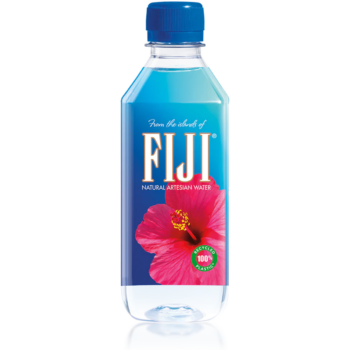
Distilled Water
Distilled water is produced through a process called distillation. It involves boiling water to create steam, which is then condensed back into liquid form, leaving behind impurities, minerals, and contaminants. This results in highly pure water. Distilled water is commonly used in laboratories, medical applications, and in household appliances such as irons and humidifiers. However, it is not recommended for regular consumption as it lacks essential minerals and can be tasteless.
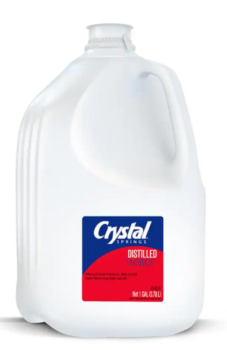
Filtered Water
Filtered water is tap water that has been processed through a water filtration system. These systems use various methods, such as activated carbon or reverse osmosis, to remove impurities, odors, and undesirable tastes. Filtered water offers an affordable and convenient way to improve the taste and quality of your tap water at home. It is a popular choice for people who want to reduce chlorine, sediment, and other contaminants from their drinking water.
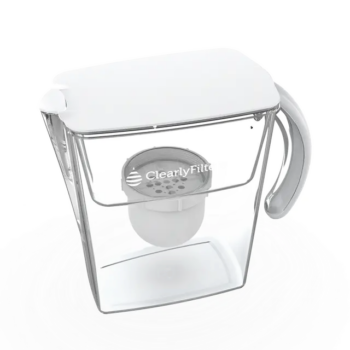
Alkaline Water
Alkaline water is water with a pH level higher than 7, making it less acidic than regular tap water. It is believed by some to have health benefits, such as neutralizing acidity in the body and promoting better hydration. Alkaline water can be found in bottled form or produced at home using water ionizers. However, the scientific consensus on its health benefits is mixed, and more research is needed to confirm its advantages.
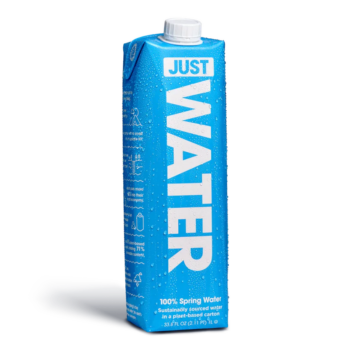
Water is the essence of life, and the type of drinking water you choose can depend on personal preference, convenience, and access. Whether you opt for the simplicity of tap water, the natural purity of spring water, the purity of distilled water, the improved taste of filtered water, or the potential health benefits of alkaline water, it’s crucial to ensure that your drinking water meets safety and quality standards. Staying hydrated with clean, safe water is a cornerstone of a healthy lifestyle, and understanding the various options available can help you make the best choice for your hydration needs.




